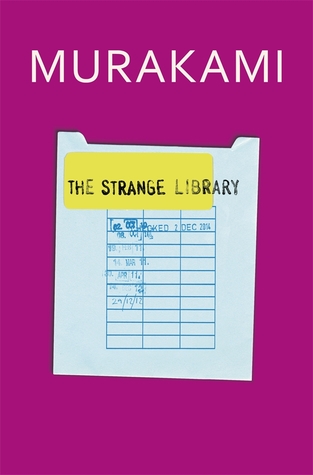My rating: 3 of 5 stars
This story is available online at https://granta.com/lederhosen and in Murakami's short story collection The Elephant Vanishes
A man's wife's friend turns up very early for dinner, as conversation begins to run out she tells him the story of how her parents divorce was "all because of a pair of shorts" or more correctly lederhosen. Her mother had gone to visit family in Germany. She'd never travelled alone in all her 55 years of life. According to the friend, her father was a hard worker, and although her parents never argued, there had been rows over him and other woman. Her father asks her mother to bring back a souvenir, a pair of lederhosen for him, she agrees to do this ****SPOILER ALERT*** but he never gets his lederhosen.
Lederhosen are often viewed as comical apparal outside of their cultural context, layer this on top of that the vision of a Japanese man wearing them and you get the picture. Murakami's writing often contains a moment of epiphany. Unable to buy lederhosen because the store will not sell them without the wearer being present to ensure correct fit and maintain the stores proud reputation, the mother finds a stranger as a standin. Watching this ludicrous lederhosen clad man provides that pivotal moment in the mother's life allowing her to reflect upon her marriage and her feelings for her husband.
ashramblings verdict 3* Why she tells this story we never know. Are there any parallels between the daughter, the friend's husband and his absent wife and the daughter, her father and absent mother? This is a story about how a novel experience has a profund effect on the mother who never returns home to her husband and daughter, but leaves us wondering exactly how profund an effect this also had on the daughter who never married and fill her time teaching electric organ and playing tennis, skiing and swimming.
View all my reviews
 The Strange Library
The Strange Library